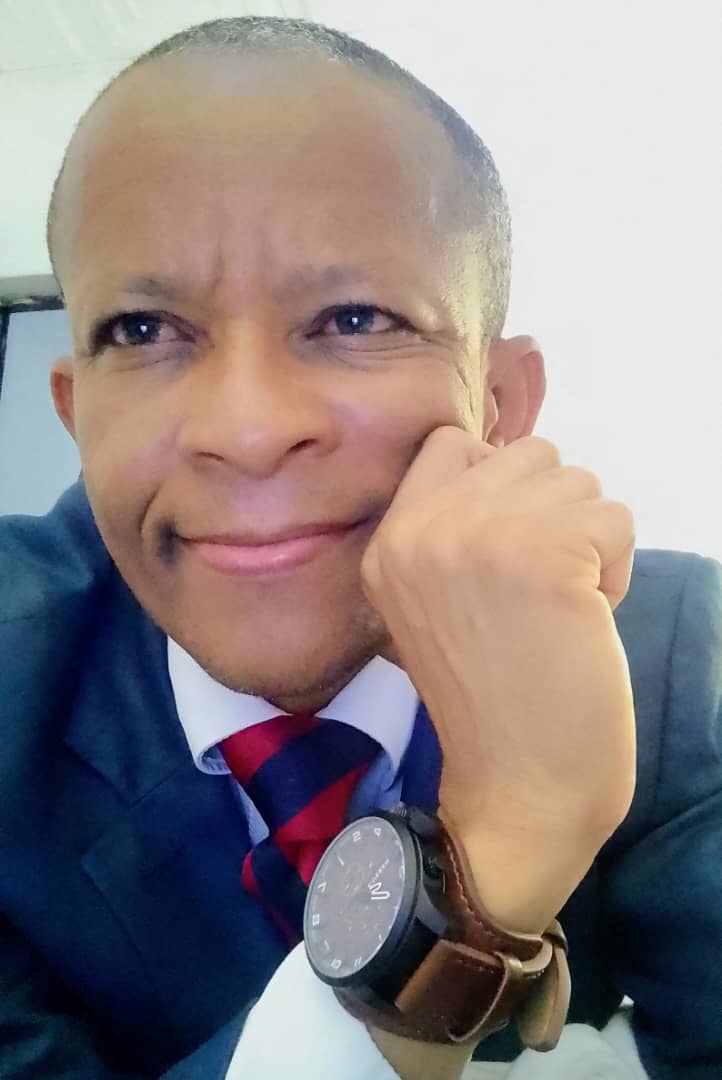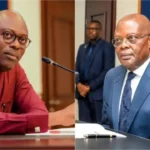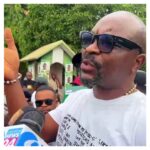| Emeka Monye |
The 2027 presidential election in Nigeria is shaping up to be a crucial contest between the ruling All Progressives Congress (APC) and a potential coalition of opposition parties. Several hurdles need to be overcome for the opposition coalition to succeed.
The political class is already preparing for this quadrennial event, holding consultations, meetings, and negotiations among other contending factors.
The ruling party, the All-Progressive Congress, appears to be the most beautiful bride at the moment as members of other opposition parties have been courting the party, in a gale of defections, in what many political pundits and analysts described as a political tsunami
While the APC seems to be enjoying the influx of defections by other party members into their fold, the main opposition party, the Peoples Democratic Party, PDP, appears to have lost its steam in the run of play. The once dominant party is plagued by a series of internal crises, which many political analysts believe will be the party’s undoing.
The once largest political party in Africa and oldest in Nigeria, since it was created in 1998 by some elder statesmen, is now a shadow of itself, living in its past glory and trying to win its way back to national prominence.
Already, some past and present leaders of the party have been consulting, negotiating, and discussing, even though they have not yet agreed, all in a bid to wrestle power from the stronghold of the Bola Tinubu-led APC at the centre.
Former Vice President Atiku Abubakar, Former Presidential Candidate of the Labour Party in the 2023 General elections, Peter Obi, former Governor of Kaduna state, Nasir El-Rufai, among other bigwigs, are believed to be in talks with one another of how to build a possible coalition to edge the ruling APC in the power game.
Although no concrete decision has been reached by the major actors, their negotiations and their inability to reach a consensus remain critical factors that might endanger the birth of a viable coalition.
Factors like who will step down for whom as the realignment begins, remain a major issue, taking into consideration their individual experiences, exposures, skills, knowledge, capacities and egos. Except this issue is resolved in the run-up to the 2027 presidential polls, it will be a mirage for them to unseat the Tinubu-led government.
While the running party is busy strategising ahead of the 2027 presidential polls, the other parties are still grappling with their internal crisis.
Some analysts believe that Atiku’s experience as Vice President under the regime of Olusegun Obasanjo might give him an edge, while others think Peter Obi’s popularity in the South could bring a geographical balance to the ticket.
For them to form a strong force against the APC, then, they must find a common platform and agree on a candidate, which might be challenging given their different ideologies and interests.
Other factors which some political analysts have highlighted that may pose a stumbling block agents the coalition is the timing. The time between and 2027 is quite a short time for the coalition to gather and make the desired impact. This, of course, is no brainer. Any merger of alliance must be arranged within a reasonable timeframe to be effective.
Also, the coalition will have to convince the Nigerian voting public of its purpose and demonstrate a clear vision for the country’s future, particularly in the area of addressing the economic misfortunes of the majority of the people.
Another hurdle that would be staring the coalition in the face remains the issue of power rotation. While the south believes it’s their turn to complete their second term in 2027, the north, on the other hand, argues that they have been short-changed in the governance structure of the country, in terms of number of years, since the return of democracy in 1999. Out of the total 26 years, the north has ruled for 11 years, with the south 15 years. The issue remains a key factor that would affect the coalition to birth.
The coalition must, as a matter of urgency, decide on this unwritten agreement about rotating power between the North and the South, potentially present a southerner for one term to allow the South to complete its own two terms for the office of the president.
In conclusion, the coalition, if it truly wants to win power in 2027, must present a compelling case for itself, highlighting its unique strengths and vision, rather than merely criticising the incumbent. It needs to differentiate itself and demonstrate to Nigerians that it offers a better alternative.
*Emeka Monye Is A Journalist And Works With ARISE NEWS







